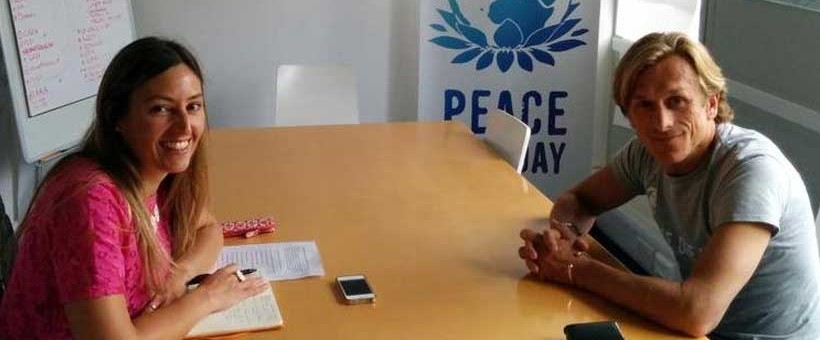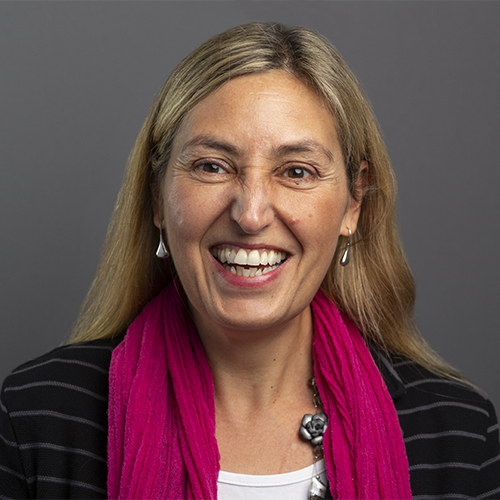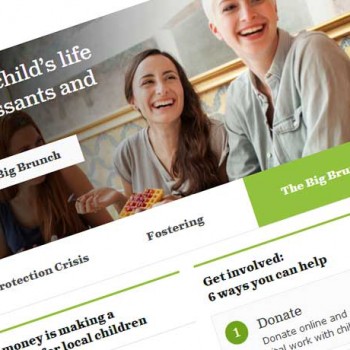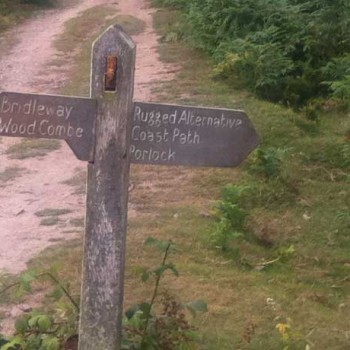
Who will you make peace with? – Interview with Peace One Day’s Jeremy Gilley
- Posted by Liz Gooster
- 0 Comments
- Akon, DRC, Howard Buffett, Jeremy Gilley, leadership, nonviolence, peace, Peace One Day
Today is the eve of this year’s Peace Day, an international initiative for peace and nonviolence. This year it has a particular emphasis on the Democratic Republic of Congo, with a massive concert in Goma airport, headlined by singer Akon. And today I’d like to share my post about Peace One Day’s Founder, Jeremy Gilley. He is a leader driven by an incredible sense of purpose, which is at the same time personal and global. He has already achieved amazing things, and through helping to raise awareness of Peace One Day you can help him to achieve even more. Watch the inspiring video on their website, follow them on twitter and brandish the hashtag #peaceday widely.
Peace One Day is an extraordinary initiative that has led to an annual global day of ceasefire and nonviolence. Its very existence demonstrates the amazing things that can happen when you lead from a place of belief, passion and commitment. Jeremy Gilley, the Founder of Peace One Day, is such a leader and I was lucky to spend some time with him in the build-up to this year’s Peace Day on 21st September.
When pressed to name the high points of his campaigning career so far, he has a lot to choose from, including influencing the world’s leaders to adopt unanimously the first ever annual global day of peace in 2001. Seeing the fighting stop on Peace Day in Afghanistan, and knowing that millions of children were vaccinated against polio as a result, made the two and a half years of gruelling negotiations that had led up to it worthwhile. In the last year, meeting Howard Buffett has been a major turning point – Buffett had admired Gilley’s work in Afghanistan and his generous donation has enabled Peace One Day to commit to a three year project for peace in the Democratic Republic of Congo (DRC) and the Great Lakes region of Africa. Jeremy describes this as ‘a rewarding and exciting challenge’. What he doesn’t say is that it is also fraught with danger.
As a leader, Jeremy says that he races a little ship in big waves with strong winds and a small crew. A skipper needs a crew and one reason for Peace One Day’s incredible success is that it has a great team behind it: there is a breath-taking boldness to what they can achieve when they work together. The converse of this leadership style is that as the skipper you don’t always give explanations for the decisions you’re making. Sometimes Jeremy doesn’t explain anything except the course he’s set and that can be tough for people. While he doesn’t enjoy the repercussions of this, he accepts that’s how this small boat has worked to such great effect, and the overall aim of Peace One Day is so much more important than any individual, including him.
When talking about his goals for the future, Jeremy exhibits a striking clarity of vision. Having proved that Peace One Day can save lives, he sees his job now as to institutionalise it, ‘telling every human being on the planet that the day exists’. Comparing it to Mother’s Day, which was created in 1908 by a Mrs Jarvis, he says that no one has heard of her now, but everyone knows about Mother’s Day and many people behave differently on that day each year. Jeremy is excited about becoming irrelevant to Peace One Day in the same way – he wants it to become self-sustaining, something that people act on without caring about its origin. And while the most visible impacts of Peace Day might be in warzones, Jeremy’s far-reaching objectives go beyond the headlines and the AK47s: he wants to change behaviour so that violence decreases everywhere. ‘The greatest war that humanity faces is in our homes, our communities and in our schools.’
Peace One Day leverages the power of film, music, social media, education, the corporate sector and campaigning, all bound up by a great idea, and it is this multi-pronged approach that has contributed to its astounding accomplishments. However it’s clear that Gilley’s first love is the film camera. His face is illuminated as he talks about it as ‘an incredible weapon that can be used positively for great purposes: if you ask the right question to the right person with a good intention it tends to get you the result you need’. Asking the right question is a sound coaching technique, and Jeremy animatedly outlines the impact coaching has had on him. It’s ‘as important as an oxygen tank to a diver – you ain’t gonna dive without it. I couldn’t do this without my coach [The Alliance’s very own Linda Woolston] she is the energy and the fuel. Coaching gives me the chance to talk very openly about the complexities and difficulties of the journey to somebody I know will not judge me in any way and will see only the opportunity for change. For me the consequence of that airing is positive and constructive decision making. Coaching is the breath, it’s that moment of reflection that allows you to pull the focus into something to make it clear’.
I asked Jeremy what he’s learned from his leadership journey so far, the tips he might offer to others based on his own, sometimes painful experiences. Without hesitation he launches into how failing opens the door to success. ‘If someone says “yes”, it’s interesting, if somebody says “no”, it’s really interesting. That’s when I wake up! I’m fascinated why someone would say no. Life is about turning noes into yeses.’
And what of the future? Gilley has been sailing his ship for 16 years now, and it’s been a demanding voyage: does he aspire to step back? Given his commitment to making Peace One Day self-sustaining, it’s perhaps not surprising that he would like to pass the baton on, and to spend more time with his beloved daughter Rose. What makes it such a tough call is that the trophy in this race is someone else’s, in fact the world’s, so it’s not easy to stop racing. Yet the signs are promising: in 2012, 280m people were aware of Peace Day; in 2013 it was 470m; this year it will be 1.5bn; by 2016 3 billion. The only thing on this planet that’s growing as fast as the day of peace is the iPhone! You can argue that the mark of a true leader is that they eventually put themselves out of a job. Hitting numbers like these, it may not be too long before Jeremy Gilley can sit back and watch Peace One Day go from strength to strength without him.
If you liked this, you might also like my other leadership profiles:
- The thinking policeman: profile of Andy Rhodes, Deputy Chief Constable, Lancashire Police
- Getting it right at Barnardo’s: profile of Tony Cohen
- Trading at the top: Richard Wilson, CEO of BMO GAM
- Playing to win at Pinsent Masons: Richard Foley leadership profile
- Meet Mairi Bannon, a bridge to success
- Putting her best foot forward: Marty Wikstrom leadership profile
- Pan Macmillan comes of age: Anthony Forbes Watson profile
- Investing for the future: profile of Alan Rubenstein, CEO of the PPF

I like to describe myself as happily ‘At Large’ in an independent portfolio career, balancing coaching, leadership development, coach training and being a mum to my young daughter. Positive psychology is a big influence on my work and I’ve recently gained an MSc in Applied Positive Psychology & Coaching Psychology from the University of East London. My interests include reading, writing, travel, yoga, Zumba, coffee and wine! Connect with me on LinkedIn and sign up for my newsletter, Positive Intentions.



0 Comments